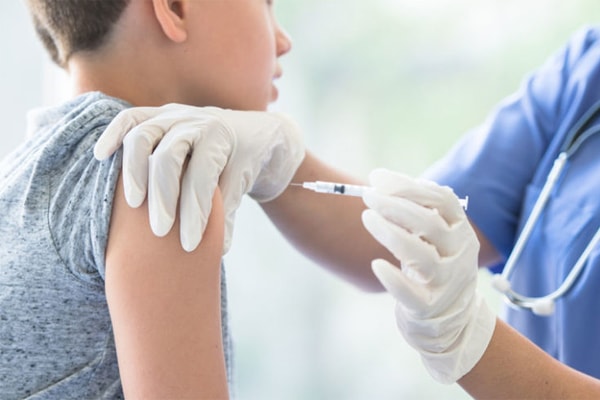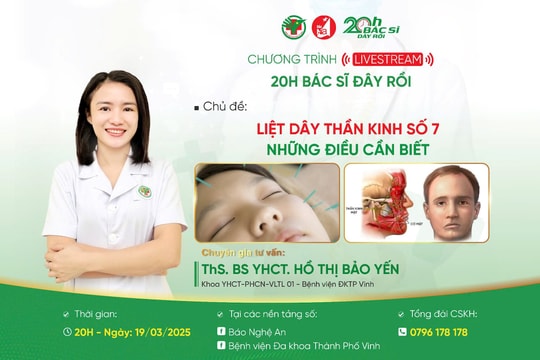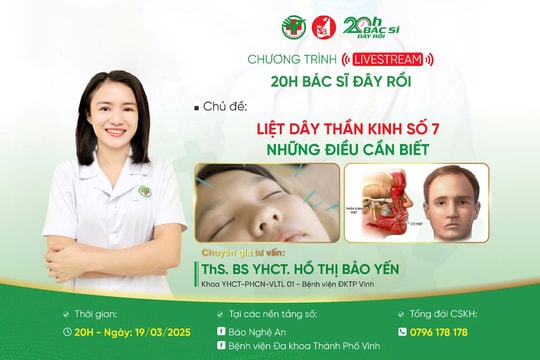What you need to know about Covid-19 vaccines for children aged 5 to 11
Children aged 5-11 years old receive 1/3 of the vaccine dose as adults, and serious reactions after vaccination are very rare.
More than 9 million children aged 5 to 11 in the US have received at least one dose of a Covid-19 vaccine since the Centers for Disease Control and Prevention (CDC) approved the Pfizer vaccine for this age group.
“The most important thing about vaccination is we want to prevent serious illness and death in children, reduce the risk of infection, and prevent other variants,” said Jennifer Shu, a pediatrician and spokesperson for the American Academy of Pediatrics (AAP).
Dosage
The dose for children 5 to 11 years old is 1/3 the dose for people 12 years old and older. Children still get 2 doses, 21 days apart, like adults.
It is important to note that children should receive the vaccine recommended for their age on the day of vaccination. For example, an 11-year-old should receive the 5-11 vaccine even if he or she is approaching his or her birthday or weighs more than his or her peers.
Unlike some other medications, the dosage ofCovid-19 vaccinenot based on weight or height of the person receiving the injection.
Can the Covid-19 vaccine be given at the same time as another one?
The Covid-19 vaccine can be given with other vaccines, even on the same day. These shots should be given at different sites on the body. Pediatricians encourage parents to keep up with their children’s routine vaccinations.
Sean O'Leary, vice chair of the AAP's Committee on Infectious Diseases, said it's understandable that parents are worried about Covid-19, and many other vaccine-preventable diseases, like measles, pose a higher risk of serious illness in children.
 |
| Illustration: Clevelandclinic |
“We have seen a decline in vaccination rates globally. We are very concerned about the potential for outbreaks of these diseases,” Mr O’Leary said.
Therefore, parents and guardians should make sure their children are also vaccinated against other diseases, including flu.
Why do children need vaccinations?
Some parents question whether young children need vaccinations, especially since they tend to have less severe illnesses.
Since the start of the pandemic, more than 12.5 million children in the United States have tested positive for SARS-CoV-2, resulting in about 40,000 hospitalizations and more than 800 deaths, according to recent AAP data.
“This is a childhood disease,” said Paul Offit, director of the Immunization Education Center at Children's Hospital of Philadelphia.
About 7,000 children have been diagnosed with multisystem inflammatory syndrome (MIS-C), which is linked to Covid-19. The rare but dangerous condition can cause inflammation of the heart, lungs, kidneys, brain, eyes and other organs. The average age of patients is 9.
The number of cases and deaths among children is significantly lower than the total of more than 78 million cases and 900,000 deaths nationwide in the United States, but health experts say the virus is disproportionately affecting children.
According to Pfizer, in clinical trials, the vaccine was proven safe and more than 90% effective in children aged 5 to 11 years at a time when the Delta variant was the dominant strain.
Side effects of vaccines
Serious side effects following vaccination in young children are rare.
Anaphylaxis – an allergic reaction that causes difficulty breathing – can occur after any vaccine. As of February 8, there were 81 reports of anaphylaxis after Pfizer vaccination in eligible children, including five in the 5-11 age group, with the other cases unconfirmed.
Thrombosis with thrombocytopenia, a condition that causes blood clots, is extremely rare after vaccination. It has not been reported in children of any age in the United States.








